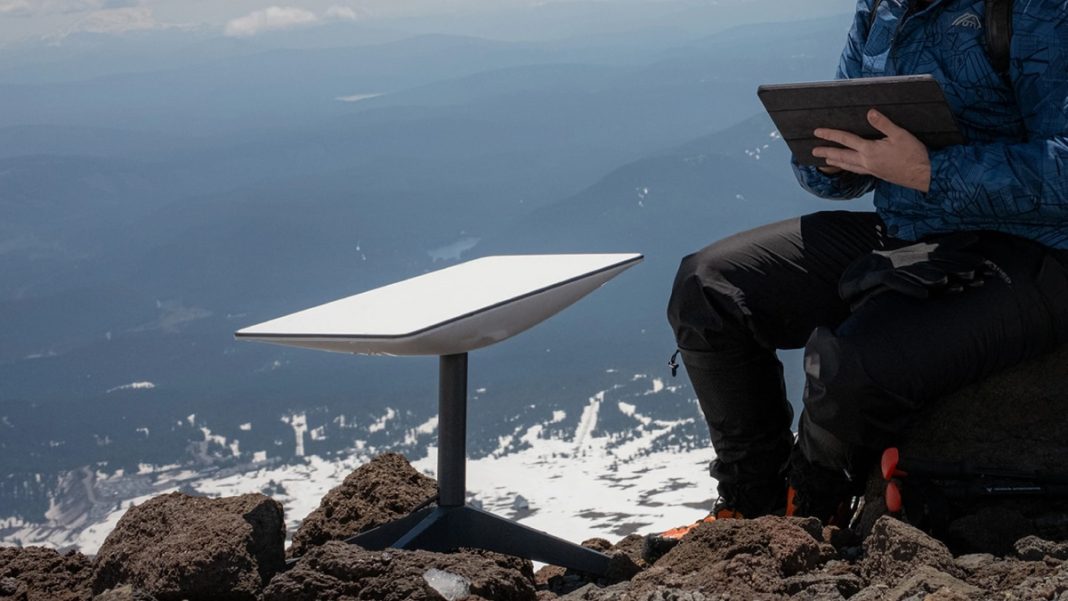Key Takeaways
- Starlink has begun mandatory security testing in India, a critical final step before commercial launch.
- The service could potentially launch as early as 2026, pending regulatory approvals.
- Starlink is building 9-10 gateway stations across India, focusing heavily on retail consumers in rural areas.
Elon Musk’s Starlink has commenced mandatory security testing in India, signaling the final phase before its commercial satellite internet launch. The SpaceX-owned venture could begin services as early as 2026 if regulatory approvals are secured.
Security Trials Underway
The current security evaluations are mandatory for all telecom operators in India. This follows Starlink receiving key government approvals and provisional spectrum assignment earlier this year, despite previous regulatory hurdles and security concerns about unauthorized device use in sensitive border areas.
Infrastructure Expansion
Starlink is building significant infrastructure with plans for 9-10 gateway earth stations across major cities including Mumbai, Noida, Chandigarh, Kolkata, and Lucknow. Mumbai, where three ground stations are already complete, will serve as the company’s operational hub. This network scale surpasses rivals Bharti Airtel-backed Eutelsat OneWeb and Reliance Jio’s satellite entity.
Consumer-Focused Strategy
Starlink’s India strategy differs from competitors by focusing heavily on retail consumers, directly targeting tens of millions of underserved households in rural areas lacking reliable high-speed internet. In contrast, Jio and OneWeb have centered their offerings around enterprise and government clients.
Regulatory Timeline
The final approval for Starlink’s commercial service depends on TRAI releasing the final pricing framework for satellite services. If guidelines are issued by year-end, industry observers suggest Starlink could begin services in the first half of 2026.
Security Requirements
The Indian government has imposed strict security conditions, requiring all testing data to be stored within India and mandating that only Indian nationals operate gateway stations until foreign personnel receive security clearances.




